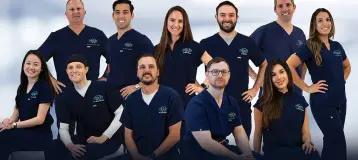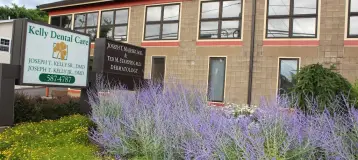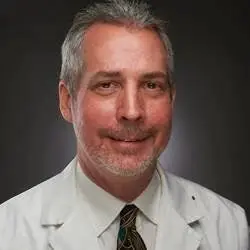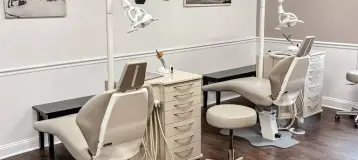The Center For The Treatment of Dry Mouth, situated in the Professional Arts Building at 327 N Washington Ave, Scranton, PA 18503, is a focused medical facility specifically designed to address the complex condition of
Xerostomia, commonly known as dry mouth. While detailed information about their specific methodologies and team members requires direct inquiry or further website exploration, their name strongly suggests a clinic specializing in this often-debilitating condition.
Dry mouth can stem from a variety of causes, including side effects of medications, autoimmune diseases like Sjögren's syndrome, cancer treatments (chemotherapy and radiation), aging, and other underlying health conditions. The Center's probable approach would involve a thorough diagnostic process to identify the root cause of a patient's dry mouth. This may include reviewing medical history, current medications, examining
Oral health and salivary glands, and potentially ordering imaging or other tests to assess salivary gland function.
Treatment at such a center would likely be multi-faceted, aiming to not only alleviate symptoms but also manage or treat the underlying cause. Common strategies for
Dry mouth treatment include:
Medication Review and Adjustment: Working with prescribing physicians to explore alternative medications that may not cause dry mouth.
Saliva Stimulants: Prescribing medications like pilocarpine or cevimeline to encourage saliva production in patients whose salivary glands still have some function.
Saliva substitutes and Oral Products: Recommending or providing over-the-counter or prescription-strength artificial saliva products, specialized mouthwashes, lozenges, and gels designed to moisten the mouth and protect oral tissues.
Lifestyle Modifications: Advising patients on practices such as frequent sips of water, chewing sugar-free gum, avoiding caffeine, alcohol, and tobacco, and using humidifiers.
Oral Hygiene Guidance: Emphasizing diligent oral hygiene, including regular dental check-ups, fluoride treatments, and specialized toothpastes, as dry mouth significantly increases the risk of tooth decay and gum disease.
Addressing Underlying Conditions: Collaborating with other medical specialists if the dry mouth is a symptom of a systemic disease, such as an autoimmune disorder or other medical conditions.
Advanced Interventions: In cases of
Salivary gland dysfunction due to blockages (like salivary stones) or other structural issues, they may refer to or directly provide procedures like sialendoscopy (a minimally invasive technique to diagnose and treat salivary gland problems).
Given its specialized nature, the Center For The Treatment of Dry Mouth likely offers a comprehensive and patient-centered approach to improve the comfort, oral health, and overall quality of life for individuals suffering from chronic dry mouth.





